

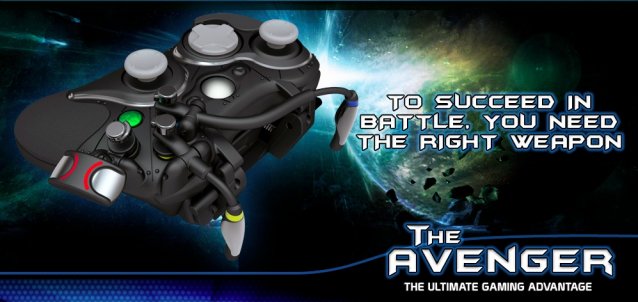
This is the second time I've spoken to David Kotkin, inventor of the Avenger, Owner of N-Control, in as many days. His company is navigating through a typhoon of bad PR, and I've prepared questions asking him about it, but like the last time I talked to him, I'm totally swept up in David's thoughts. My questions may as well have never been written.
If a conversation is a rainstorm, talking with David is like sitting through the rainy season in Brazil – the rain isn't forceful, but it comes down in sheets of chubby drops from every direction. At times, it comes down so heavy, you'd swear you'll drown without shelter.
“I have a problem,” Kotkin admitted sheepishly. “I think of things, and it's a mass of things. We can start on a subject like the forest, and I'll go to the trees, to the branches, to the little pieces of bark.”
I think we've all had the experience of talking to someone who didn't care much for us, but wanted to make it clear they have the sharpest intellect in the room. Someone who takes control of a conversation, and continually tries to suffocate everyone else with his drowning wit.
David Kotkin could have easily spilled into that category, if it wasn't abundantly clear that he was every bit as trapped in the current of his thoughts as I was. While telling me about four different ideas for new variations of his Avenger (one of them completely off the top of his head) he says this about his product,“The best way I could say it, is it's immersive. If you had a to feel a string, you'd stick your hand out and get your whole hand feeling the string – I don't know if that's a good comparison. Um... I gotta think of a better one...” He goes on to use three other analogies, each one shooting out of his brain like an open hydrant - when he suddenly catches himself, stopping mid-sentence “Am I getting too deep here?”
“I go too far,” he tells me.
David Kotkin has a mind like a waterfall - thousands of gallons of thoughts falling over a cliff, hitting terminal velocity on the way down. To David, keeping them all straight must feel like trying to catch the Niagara with a 5-gallon bucket. I feel like I'm watching him from the observation deck nearby - without a raincoat.
During our hour-long conversation, David opens up to me like I'm his therapist (in fact, he says as much after we get done talking). He tells me about something that would come to define his life, something that, given how absolutely brilliant his mind seems when talking to me, is a bit hard to believe - his struggles with dyslexia as a kid.
He tells me about how he went to a school for people with severe dyslexia, and still almost failed out.
He tells me about how his teachers at a different school locked him in a room alone when he was 5, because he couldn't figure out his math work, so he ran around the classroom with his work stuck to his chest, “They thought I was playing around, and I was discovering gravity and wind!”
His mom came to pick him up that day.
Maybe she knew her son struggled in school, but it wasn't because he had a dull mind. Maybe she knew a kid that inquisitive couldn't just have a lower than average intelligence. Maybe she just wanted to believe what every parent wants to believe – that her son had a mind as deep and vast as the ocean, that lurking somewhere in there was the potential for something great.
“She took me to a special test - someone to test me. So, they tested me, and I broke the record for abstract reasoning. The test couldn't go that high.” At the time, David was just a kid. His mom didn't show him about the test results - and wouldn't show him the results for a number of years. He went on, barely keeping his head above the water, trying to grow up just like anyone else.
“Growing up was really, really painful. I'd meet a girl who was good looking, and I couldn't find her freaking house. I'd walk two blocks in the city, and I'd get lost.”
Unfortunately for David, dyslexia doesn't stop when the school bells ring. The scrambling of characters is a problem that swallows up David everywhere. For instance, reading off a phone number (he had to give me the number of Moises Chiullan, N-Control's new independent PR consultant four times, before we finally had it figured out) or trying to read an address were nearly impossible. “The disability is invisible,” he tells me.
When he was having a particularly difficult time with life, his mom would remind him of the test scores, but she still hadn't shown him the proof of her claims.
“I never believed my mom. I never believed her. I was so bad at everything, and I was getting F's, I couldn't do this, and I couldn't do that. And she would just say, 'David tested so high in abstract reasoning...' I thought she was just blowing smoke up my behind,” Kotkin recalls. “I went through my whole life thinking that was a lie.”
Then, his mother figured it was time to let David know the truth, “She showed me the paperwork that shows it, and I was like 'Holy shit!' I knew what I was going to be. I was the same person I was when I was 5.” David wanted to put his constantly flowing, inquisitive mind to use. But he wouldn't get that opportunity until some time later.
After struggling through school his whole life, David Kotkin obtained his Master's degree, and went to work. At his job as an Art Teacher, the man who ostensibly tumbled over intellectual hurdles for years gained a reputation as a fixer of things - someone with an unconventional mind that could float through problems other people couldn't solve.
David's reputation around school became a personal point of pride. After a lifetime of thinking he wasn't smart, he was honored to finally be respected for his torrential intellect. One day, a teacher approached him with an unconventional problem that would change the direction of his life: create something that would help a student with a severe hand disability play video games.
“When that teacher came to me... it was like the President of the United States asking me can I 'save the world?' It was something I was gonna do.”
“Then when I started coming out with The Avenger, [my students] told me that this is amazing. And I gave out samples, and I couldn't get them back. They'd say they lost them,” Kotkin says. “Then [another] kid would tell me a week later, 'Oh, he still has it. He just told you that.'”
So, from the waters of David Kotkin's mind, N-Control was born. But, it didn't happen overnight for David,. Sure, The Avenger hasn't been around longer than a few years, but David has been dreaming of the opportunity it represents – the ability to not have to scrimp and save to create his inventions. “It's 10 years of teaching, putting my money into this. I didn't have a rich daddy, I didn't have someone helping. No bank would give me a loan.”
Kotkin says he'd never had made it through those lean years if it weren't for the lessons he learned from a lifetime of disability. “I'm a fighter... I just really, really fight. And that's how you have to be when you have something like [dyslexia]. You have to think of different ways to do things.”
Now, he has to fight against an even stronger current – divorcing his company from Paul Christoforo, a former contractor, and CEO of Ocean Marketing. Christoforo gained notoriety through a chain of nightmarish customer service e-mails published on Penny-Arcade. E-mails that threaten to erode N-Control's reputation, along with David Kotkin's dreams for his company.
“I went through that email... I went through with my CEO... We went through each and every sentence, and it was just horrific,” said Kotkin.
With everything he's struggled to build threatening to disappear overnight, David Kotkin hasn't given up hope yet. “I know about challenges, because of my dyslexia...”
Listening to him speak, I believe in what David is saying. Maybe he can keep his head above all of this water. But, maybe I've just been swept up in David's thoughts once again.
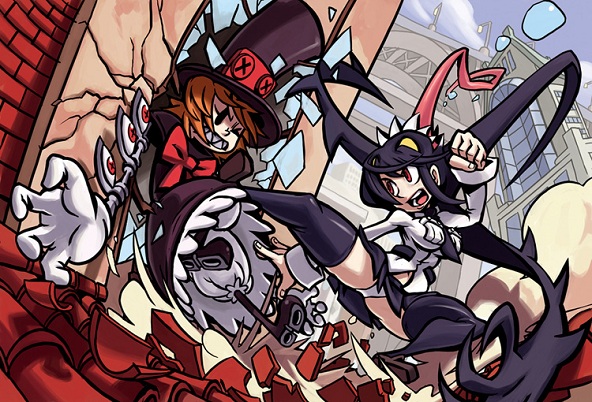

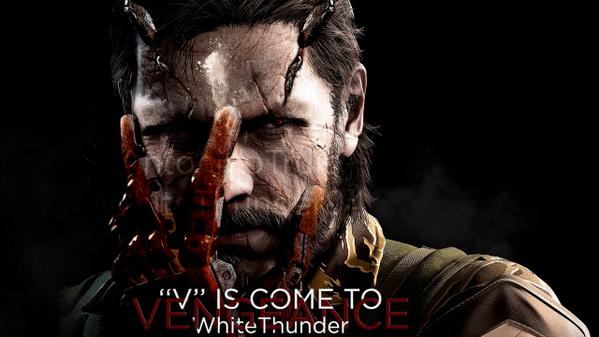
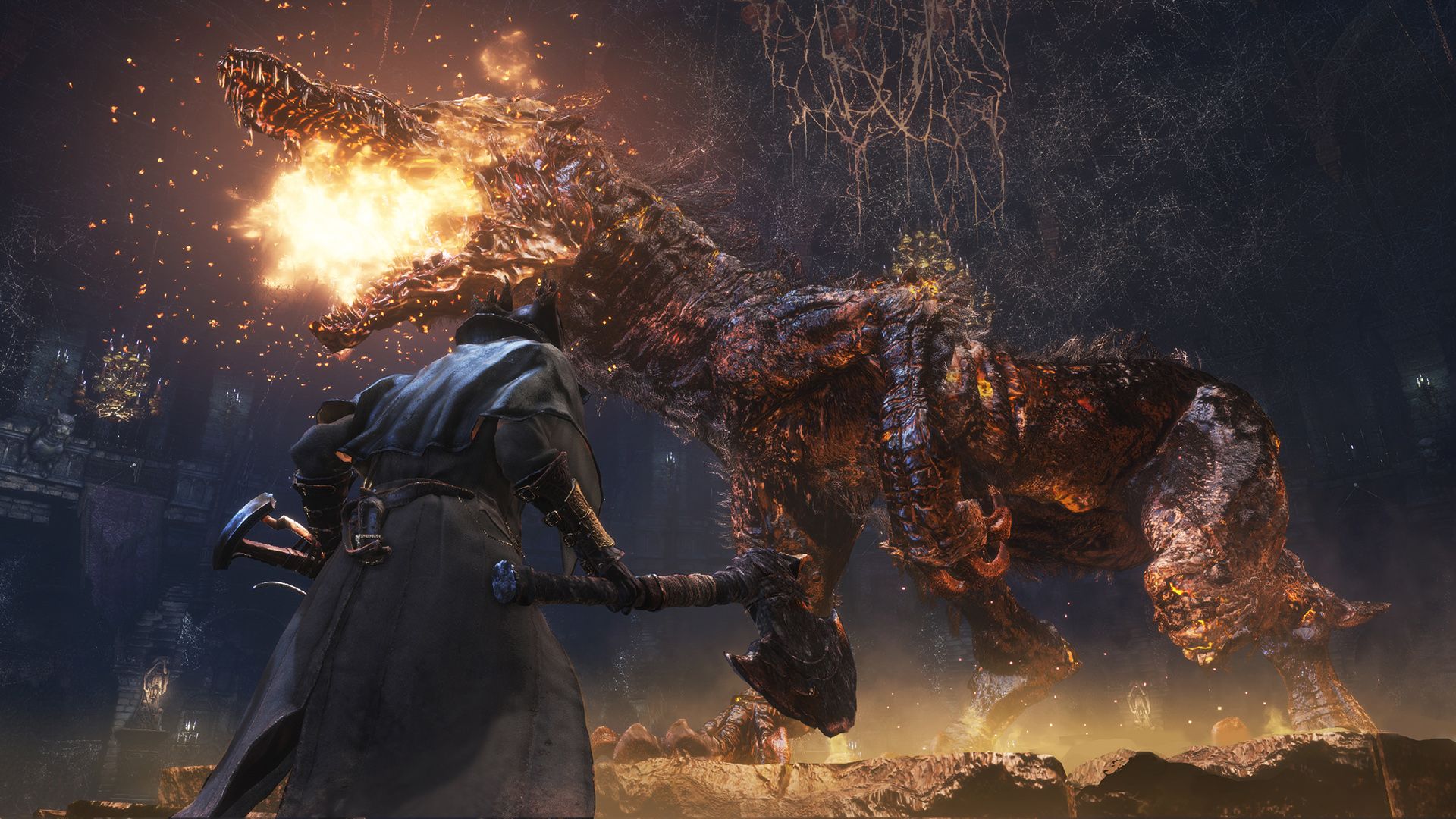
 Sleeping Dogs: Definitive Edition PS4 Trophies
Sleeping Dogs: Definitive Edition PS4 Trophies Get Frying With Chippy, A Chip Shop Simulator for iOS
Get Frying With Chippy, A Chip Shop Simulator for iOS How to Turn OFF PS VITA Parental Control Locking
How to Turn OFF PS VITA Parental Control Locking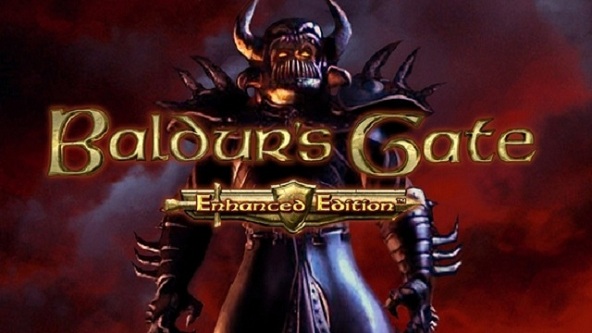 Baldur’s Gate: Enhanced Edition Walkthrough
Baldur’s Gate: Enhanced Edition Walkthrough Michael Jackson: The Experience Trophies List for PS3
Michael Jackson: The Experience Trophies List for PS3